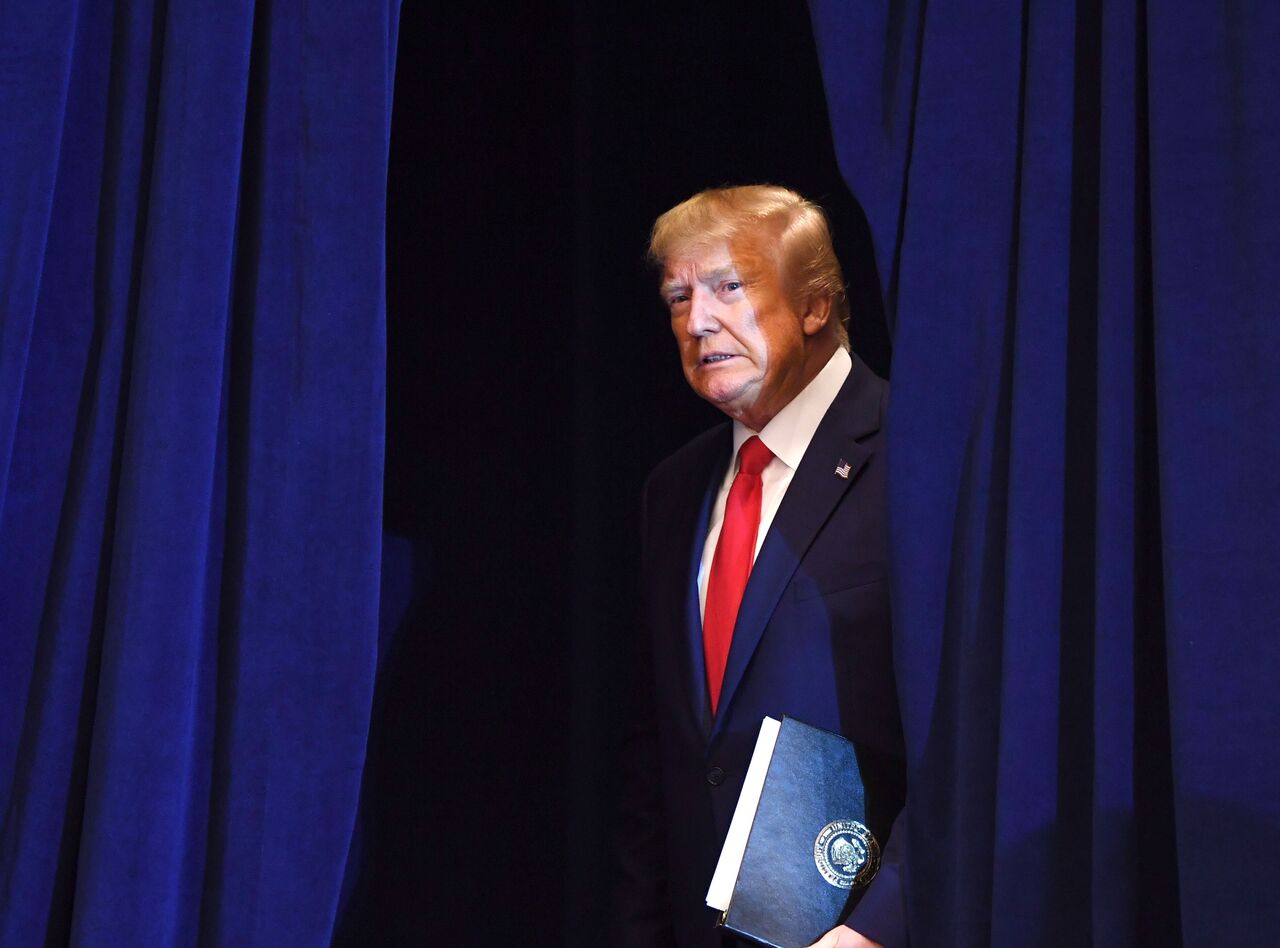Throughout history in the United States, there has always been disagreement between the executive branch of the government, the presidency, and the legislative branch of the Congress over the authority to declare war. The US Constitution gives the Congress the exclusive right for declaration of war, and it is only the Congress that can make a declaration of war and issue the order for troop deployment abroad; but during the 230-year history of the United States, presidents have repeatedly ignored the law and without congressional authorization, have involved the country in war.
The War Powers Resolution (also known as the War Powers Resolution of 1973 or the War Powers Act) is a federal law intended to check the U.S. president‘s power to commit the United States to an armed conflict without the consent of the U.S. Congress. The War Powers Resolution requires the president to notify Congress within 48 hours of committing armed forces to military action.
After 9/11, the situation changed again, and the then administration asked to be granted powers to fight terrorism: A license that the next president, namely Barack Obama, repeatedly abused and took military action. His justification was that under the 2002 Act the US government was in a position to combat terrorism and could, therefore, take any action.
At present that there is talk about a possible war with Iran there was concern that the current Trump administration would once again exploit something unrelated to Iran, namely, fight against terrorism. The 2002 license came amid controversy over the fight against al-Qaeda terrorism. The Trump administration claims that as soon as Iran’s Revolutionary Guards was added to the US government’s alleged list of terrorist groups the US could operate under the 2002 license. Meanwhile, the Trump administration has sought to justify its actions against Commander Suleimani (who was assassinated by the US in Iraq) as part of their alleged fight against terrorism.
Under such circumstances, most US congressmen, including all Democrats and several Republicans, were concerned that the Trump administration would involve the US unwittingly in the war with Iran. For this reason, efforts were made to persuade the government to inform the Congress of military action against Iran and to provide convincing reasons; therefore, it is not sufficient to simply concede that the government should take military action against Iran.
In this context, the House of Representatives and then the Senate passed a resolution that relates to the reduction of Trump’s war powers against Iran. Eight Republican Senators also joined the Democrats in this regard.
These US MPs and Senators pursue two primary goals: first to reinstate the decisive role of Congress in the war process and second to thwart the Trump administration’s adventurous actions against Iran.
That is to say, on the one hand, there is a structural debate in which the Congress wants to assert its power in the name of the president, and on the other hand, the Congress is seeking to prevent Donald Trump from unwittingly engaging Iran and the United States in his actions.
In discussing the structure, it should also be noted that Congress emphasizes that the authority of this body has always been ignored by US presidents. Of course, this debate is not just about the Trump administration and the Obama administration, and it has been a debate between the Congress and the White House for 230 years.
In fact, according to statistics, the United States has recorded nearly 270 wars to date, of which only five have been fought upon declaration of the Congress. In all other cases, presidents have entered the war and notified Congress. That is why US representatives and Senators are working to establish law and order.
Another issue relates to their concern over war with Iran; in fact, after the assassination of Commander Suleimani and the Iranian missile response, US officials feared that in times of crisis, events such as the Iraq and Afghanistan wars would be repeated. For this reason, congressional delegates have sought to limit the powers of the president and to regulate the military policies of the US government.
However, this resolution may be vetoed by Trump. There are two versions in this regard: first, the resolution must be signed by the president, who in this case will probably not sign it and will be vetoed by Trump, so since the Congress has not won the necessary two-thirds of votes if vetoed the cancellation of the president’s veto would not be possible.
There is another narration that the resolution was proposed in such a way that it did not need to be sent to the President’s office for signature. If this is true, the idea of veto would be out of the question and the final decision will be taken by Congress.
Of course, this resolution is not mandatory and not an act for the government to be obliged to adhere to, but it still has an important political message ahead of the election that if the president vetoes or overrides it, he will be accused of warmongering. This is in contradiction with the picture that Trump has drawn of himself as the champion of ending endless wars and is likely to lead to a decline in his votes.










0 Comments